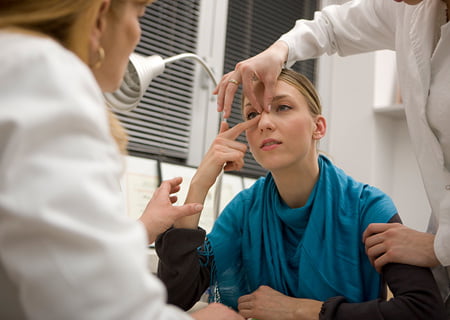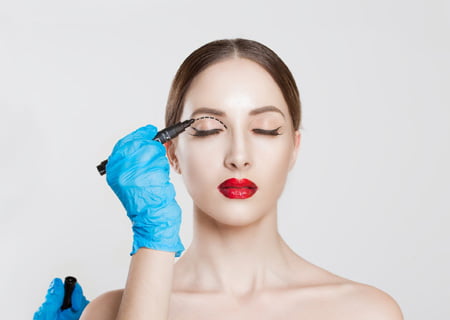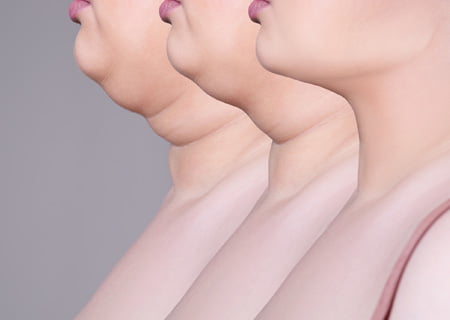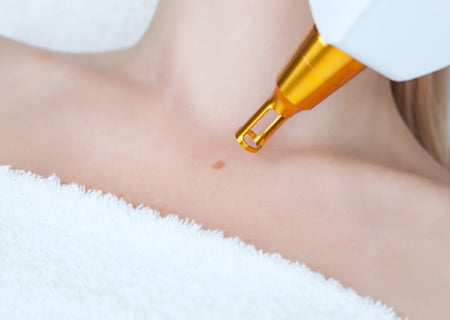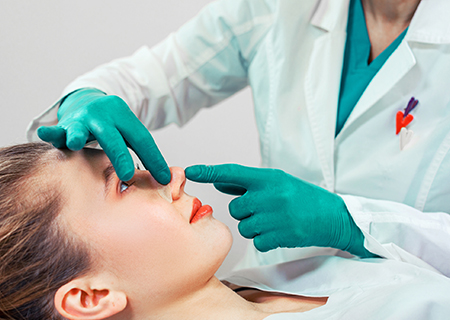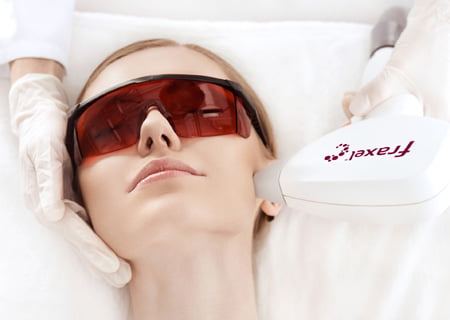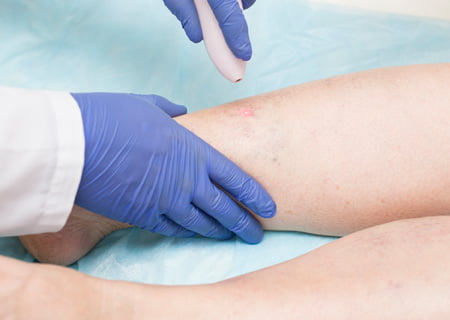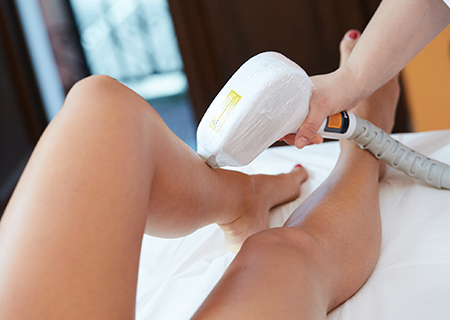Post-Procedure: When To Call The Plastic Surgeon
Plastic surgery often includes minor procedures that can be done on an outpatient basis, but even the simplest surgical matters can have complications. While minor pain and irritation is to be expected following a procedure, you should also keep an eye out for major issues that might need the attention of the plastic surgeon who worked on you. If you encounter any of the following issues after your plastic surgery , it’s time to reach out to a surgeon as soon as possible.
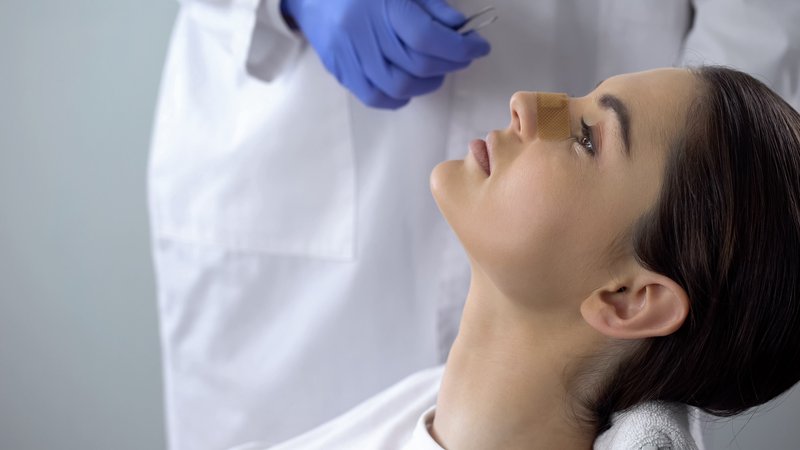
Vision Problems
Regardless of the plastic surgery procedure you undergo, your eyes remain particularly vulnerable to swelling and infection. Your plastic surgeon will probably suggest the use of natural tears or eye drops to keep the ointment from an incision out of your eyes. Based on instructions that most plastic surgeons provide, you will probably need to ice the area around the nose and eyes to keep swelling down. If ointment gets in your eyes, you can flush it out with the drops prescribed. However, if you begin to experience double or blurred vision, or if you experience eye pain that doesn’t go away, you should reach out to the plastic surgeons involved in your procedure for advice on how to proceed.
People also search
Emotional Issues
Many patients underestimate the emotional toll that surgery takes on a person. Even if you are in and out of a plastic surgery clinic in a matter of hours, the recovery aspects of a procedure can wear you down. This is especially true if you are a naturally restless or active person, as the top guideline in the recovery process is to slow down and take things easy for a few weeks. While some extra anxiety or restlessness is to be expected, contact your surgeon if you find yourself growing severely depressed. This can be a result of anything from low vitamin D to an emotional issue exacerbated by your procedure and recovery medication. If there is something seriously wrong, a doctor will be able to help.
Pain and Irritation
Your plastic surgeon will probably prescribe some pain medication for your procedure, with the note that you should only use it as needed and discontinue its use after a few days if the substance has the potential to be addictive. In the case of very minor procedures, you might instead find yourself able to manage the pain or discomfort through over the counter medications. Regardless of the medicine, the primary thing to monitor when taking medicine will be whether it causes any additional irritation or swelling. If you start to experience severe pain, dryness, or itching that doesn’t go away with the medication ordered to you by your doctor, stop using the medicine and reach out to your surgeon’s office immediately.
Most plastic surgery procedures will produce only minor side effects, and some come with no side effects whatsoever. If you find yourself experiencing any of the unusual symptoms described above, you should reach out to your surgeon’s office for advice. A little extra knowledge of your situation will only help you in the long run.
